
December 6, 2024
The US exported 18,718 metric tonnes of B30 or higher biodiesel and biodiesel blends in October, according to data released by the…

December 6, 2024
Congress must extend the long-term biodiesel blenders tax credit (BTC) in response to published reports that the U.S. Treasury and IRS are…
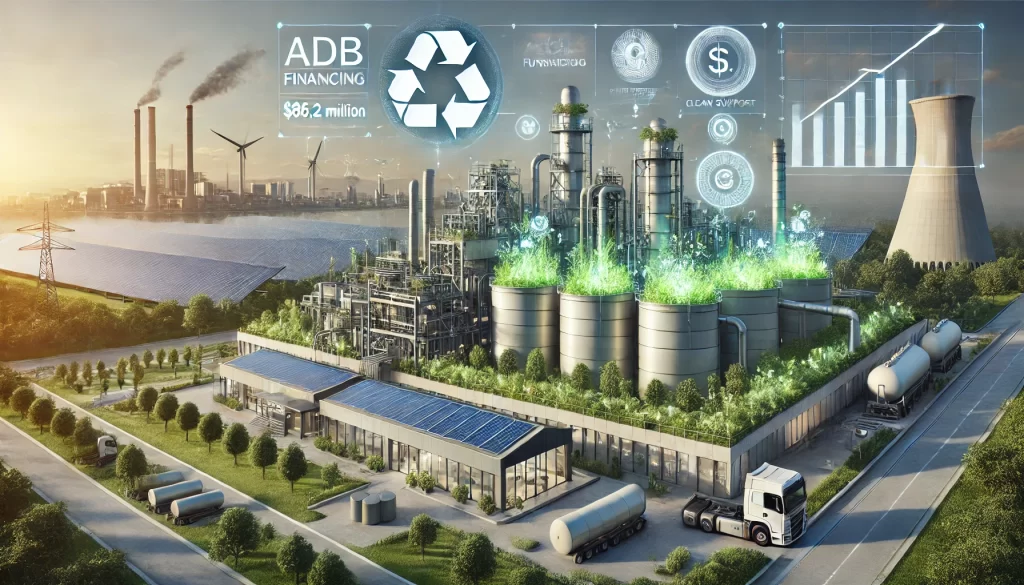
December 4, 2024
The Asian Development Bank (ADB) and SAFCO Venture Holdings Limited (SAFCO) signed a landmark $86.2 million financing package to finance the construction…

December 4, 2024
Ever Cat Fuels, a biodiesel producer headquartered in Isanti, Minnesota, USA, recently announced that it is shutting down all production activities and…

December 4, 2024
company has been awarded a contract by DG Fuels to provide early engineering, licensing, and the Process Design Package (PDP) for a…
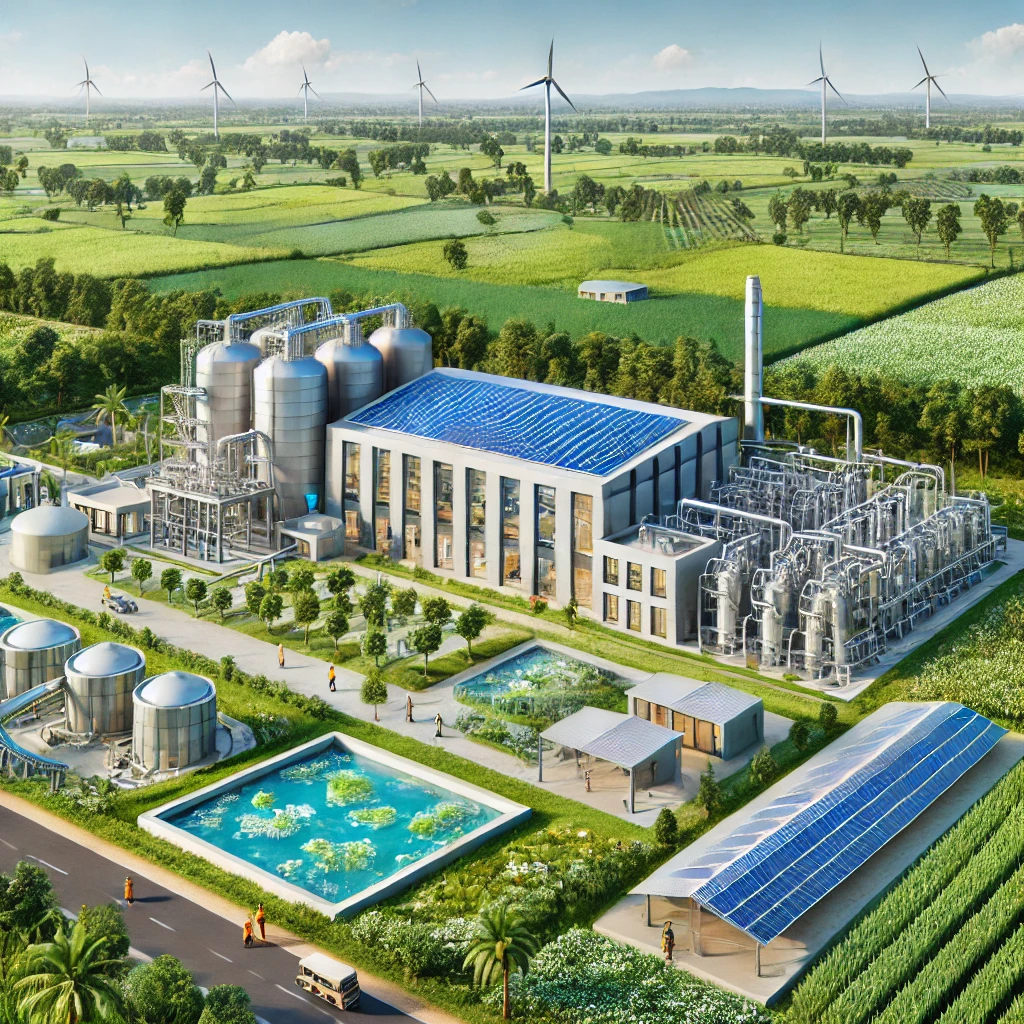
December 4, 2024
Aemetis Inc., a renewable natural gas and renewable fuels company specialising in low and negative carbon intensity products, today announced that its…

December 4, 2024
STX Group announced on 3 December the acquisition of Marine Olie, a leading trader of waste-based advanced feedstocks. STX Group said the…
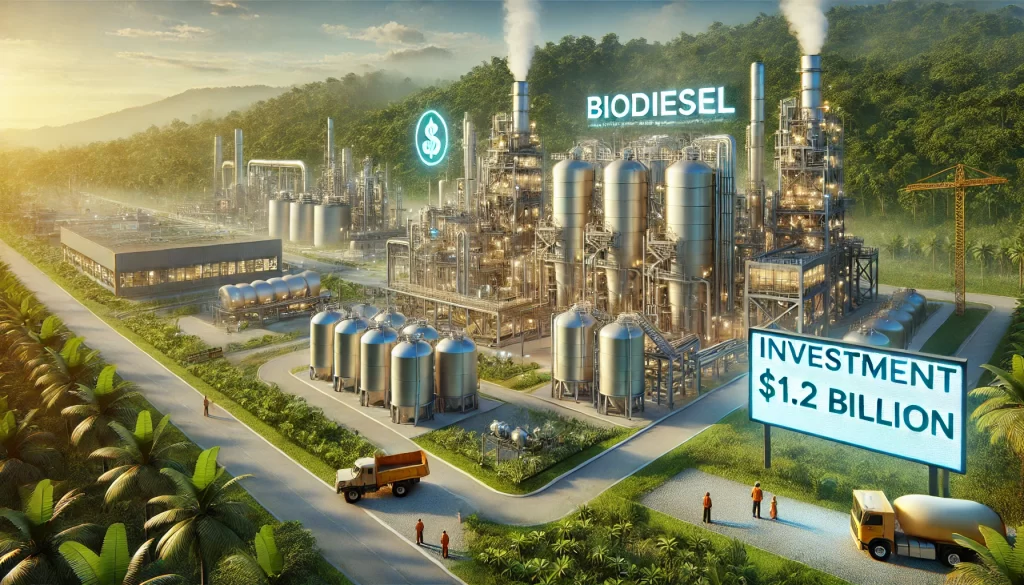
December 3, 2024
The Indonesian government plans to invest $1.2 billion in a methanol plant to serve the biodiesel industry. Currently, about 80 per cent…
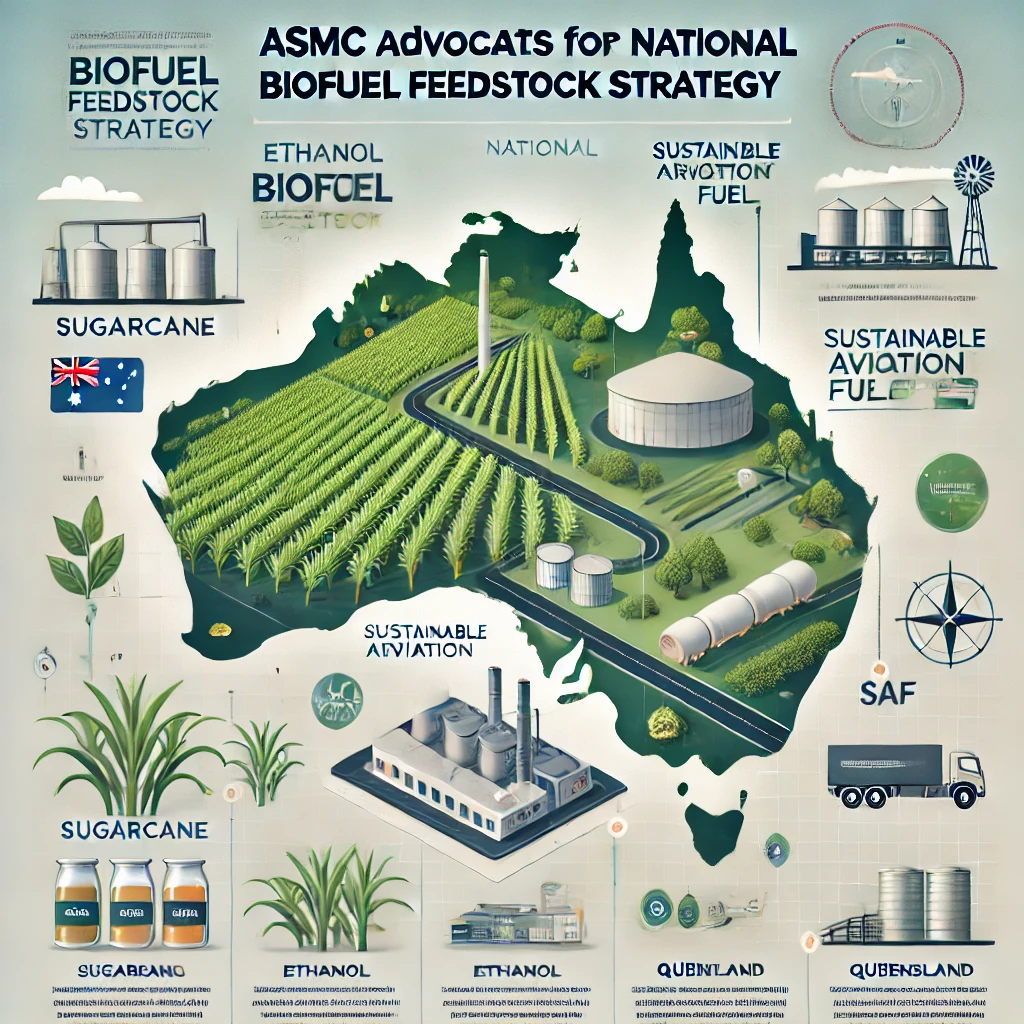
December 2, 2024
The Australian Sugar Council (ASMC) recently called on governments to urgently develop a national biofuel feedstock strategy to boost the local biofuel…
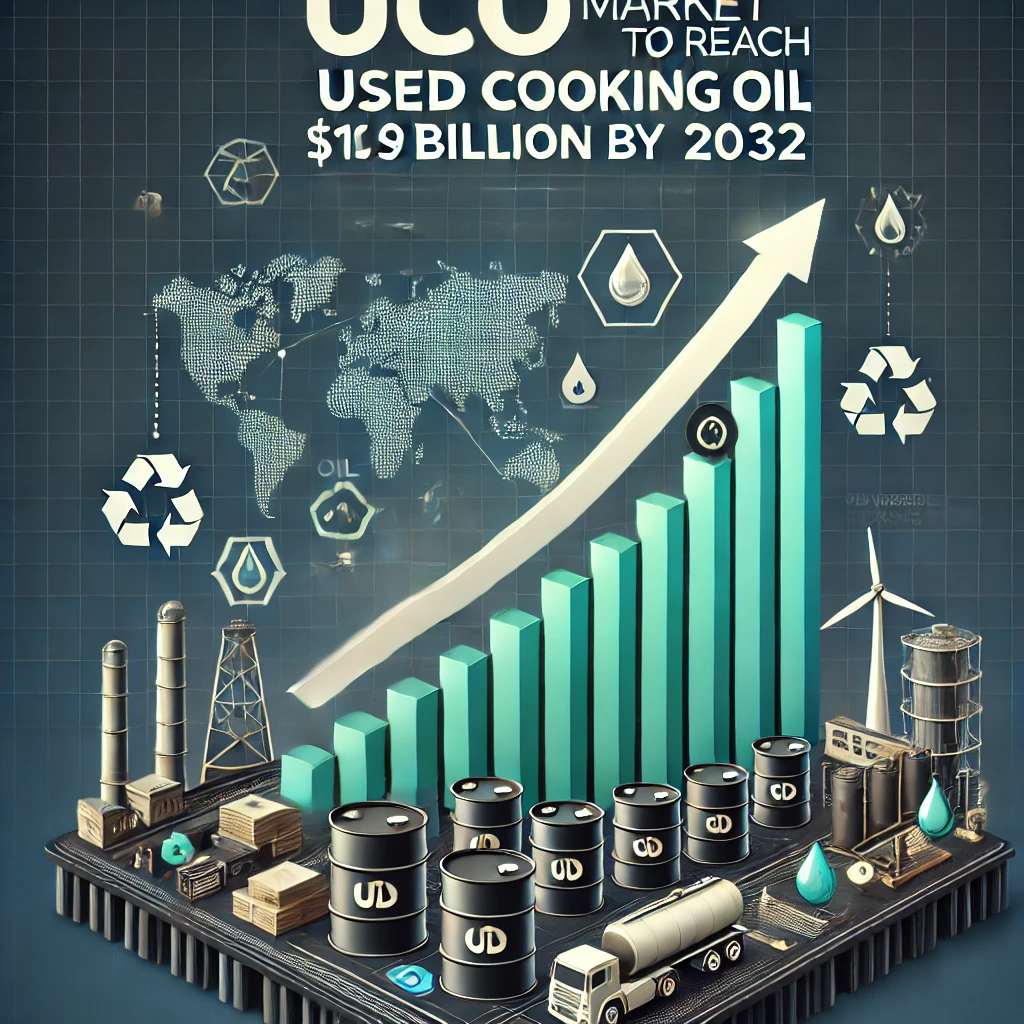
December 2, 2024
The used cooking oil market is expected to be valued at over US$10.9 billion by 2032, says a report by Global Market…










